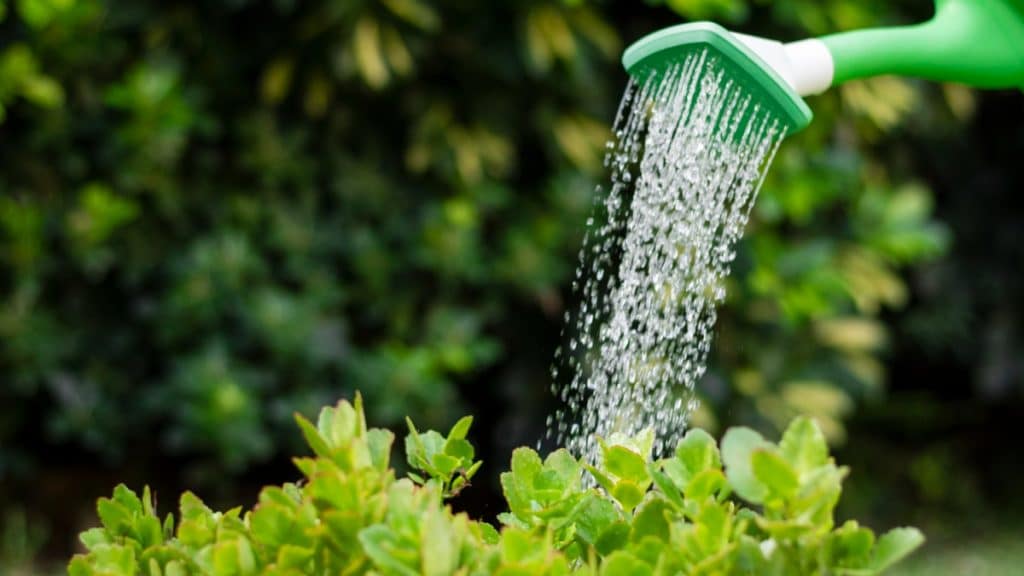Water is a precious resource that sustains all life on Earth. It is essential for various purposes, including drinking, sanitation, and agriculture. However, only a small percentage of the Earth’s water is freshwater, and even less of that is accessible for our use.
With the world’s population projected to increase, it is crucial to manage our water resources effectively.
The Impact of Water Scarcity on Agriculture and Irrigation
Water scarcity has a significant impact on agriculture, which relies heavily on irrigation for crop production. When water resources are limited, farmers face challenges in providing sufficient water to their crops. Insufficient irrigation can lead to reduced crop yields, lower quality produce, and even crop failure. Additionally, water scarcity can also result in increased pressure on groundwater resources, leading to their depletion and potential long-term consequences.
Efficient Irrigation Practices for Maximizing Water Resources
To overcome water scarcity challenges, it is essential to adopt efficient irrigation practices that maximize the use of available water resources.
Drip Irrigation: A Sustainable Solution for Water Conservation
Drip irrigation offers numerous benefits for water conservation. Firstly, it reduces water wastage by delivering water directly to the plant’s root zone, preventing evaporation and runoff. This targeted approach ensures that the water reaches the plants where it is needed the most.
Additionally, drip irrigation systems can be automated, allowing for precise control over the amount and timing of water delivery. This eliminates the risk of overwatering and ensures efficient water usage.
The Benefits of Smart Irrigation Systems
Another efficient irrigation practice is the use of smart irrigation systems. These systems utilize advanced technology to water your crops with less waste. Smart irrigation systems use many different parameters to determine the precise water requirements of plants.
Rainwater Harvesting: Harnessing Natural Resources for Irrigation
Rainwater harvesting is an effective way to utilize natural resources for irrigation. By collecting and storing rainwater, farmers can reduce their reliance on freshwater sources for irrigation.
Rainwater can be collected from rooftops, paved surfaces, or directly from the ground. It can then be stored in tanks or reservoirs for later use. Rainwater harvesting not only provides an additional water source but also helps in reducing stormwater runoff and soil erosion.
Crop Selection and Scheduling for Water Efficiency
Choosing the right crops and implementing proper scheduling techniques are crucial for water efficiency in agriculture. Certain crops require less water than others, and selecting these water-efficient crops can help reduce water consumption.
Additionally, implementing proper scheduling techniques, such as planting during cooler periods or using mulch to conserve moisture, can further enhance water efficiency. By adopting these practices, farmers can make the most of their available water resources.
Take a Proactive Approach to Conserve Water for Irrigation
Navigating water scarcity challenges demands a proactive approach towards efficient irrigation practices. By embracing technologies like drip irrigation, smart controllers, and soil moisture sensors, farmers and gardeners alike can optimize water usage while maximizing crop yields.
It’s crucial to acknowledge the significance of sustainable irrigation not only for agricultural prosperity but also for environmental conservation. Together, through conscious water management and innovative solutions, we can mitigate the impacts of water scarcity and foster resilience in our food systems.
Let’s commit to implementing these practices, ensuring a greener, more sustainable future for generations to come.
